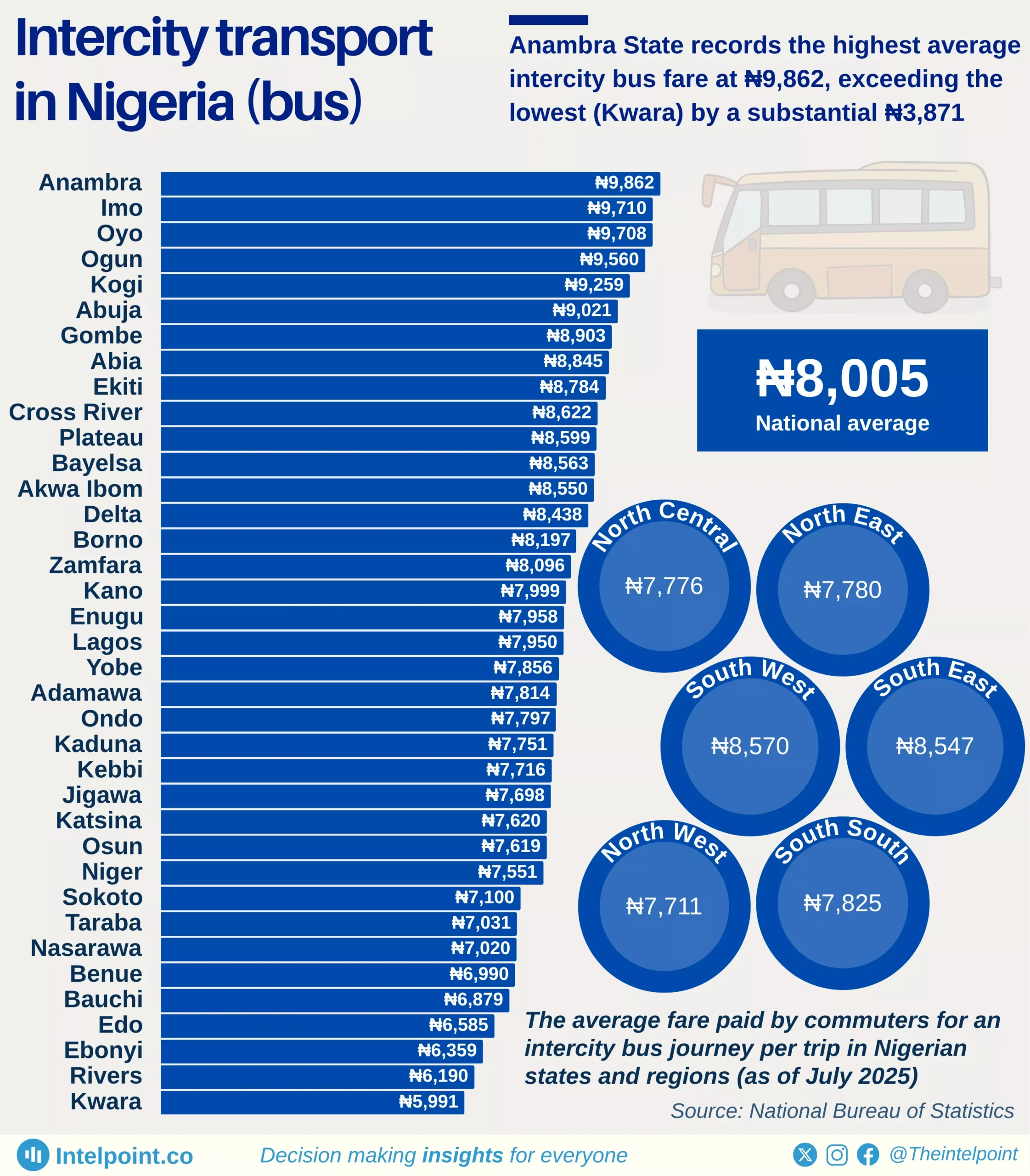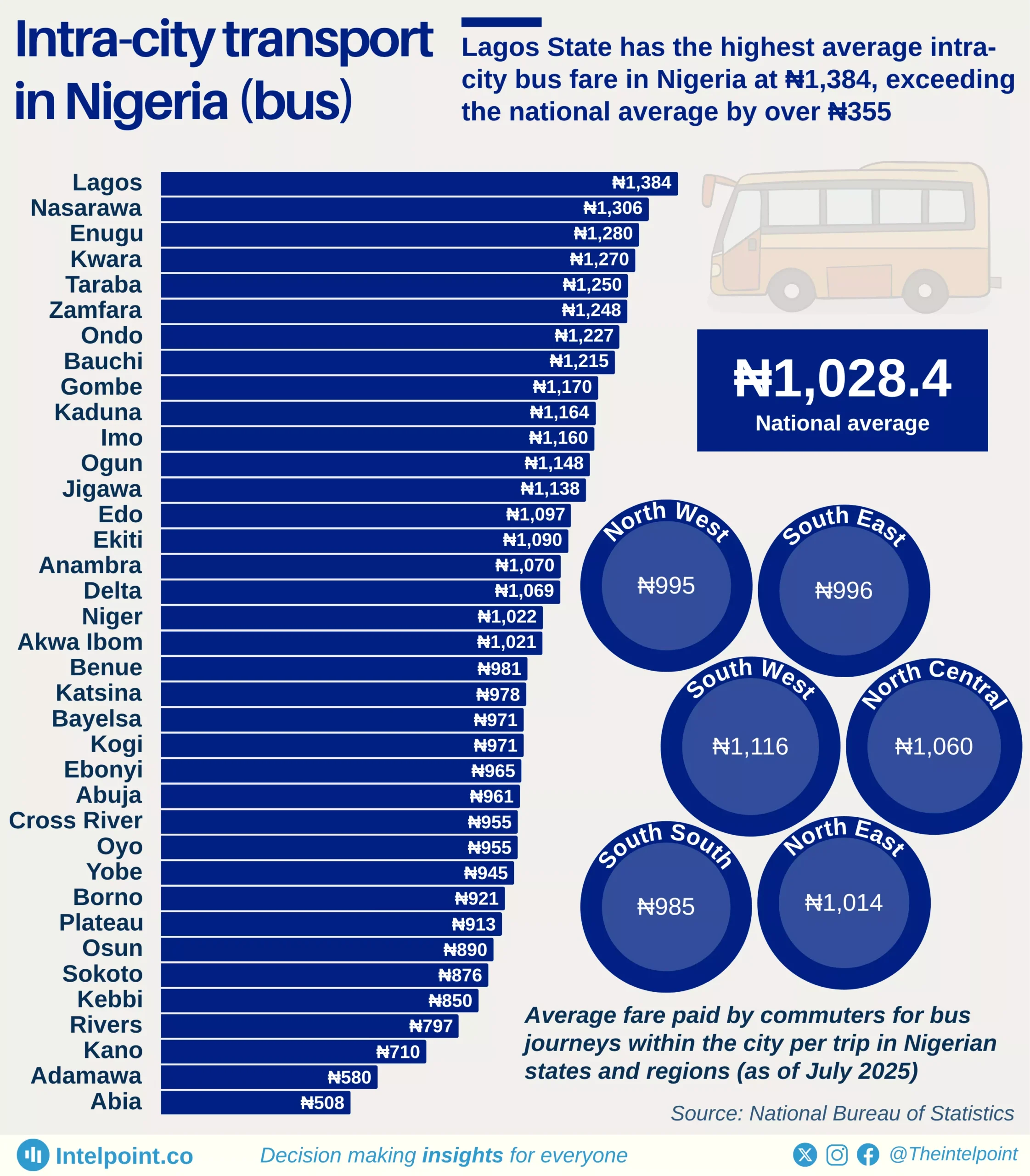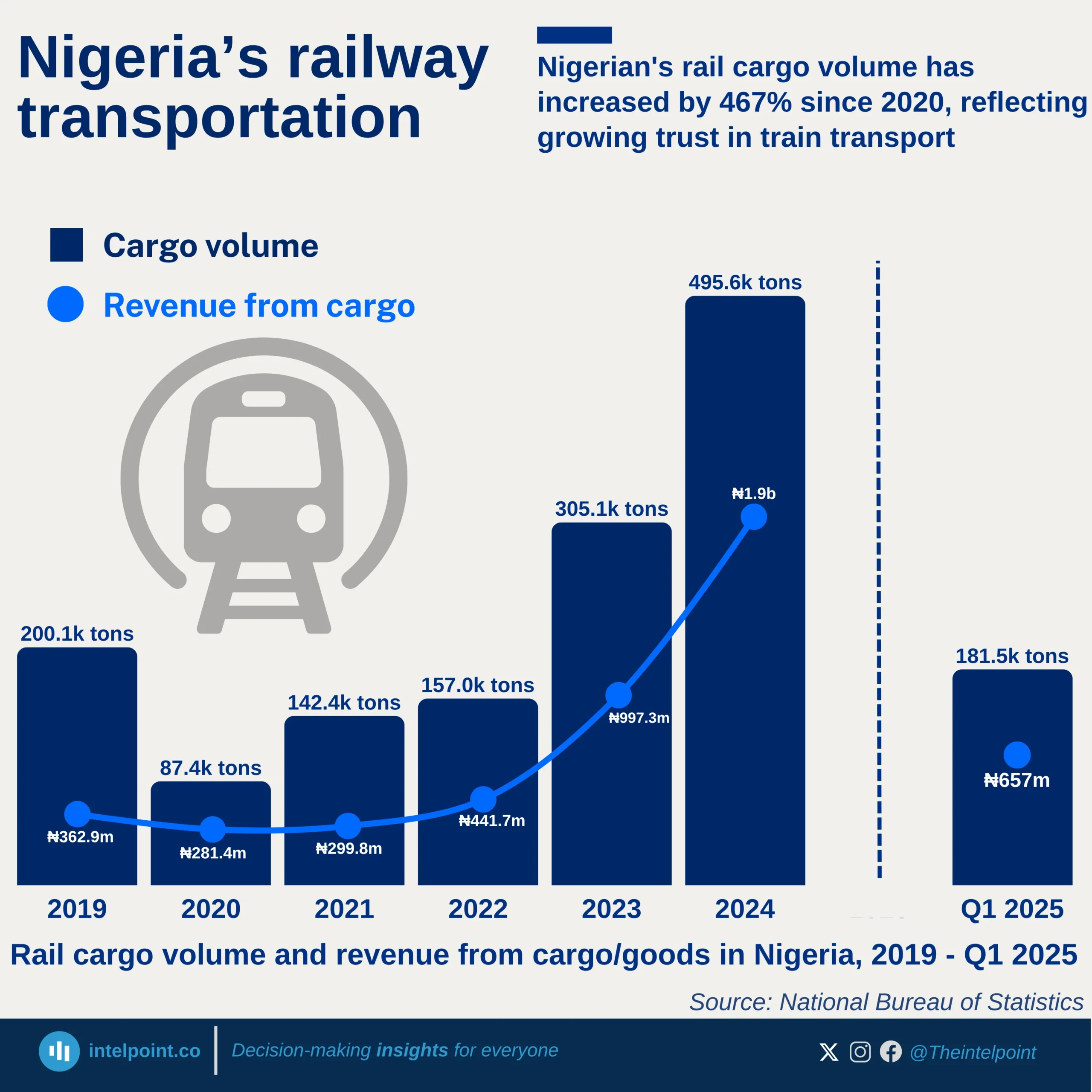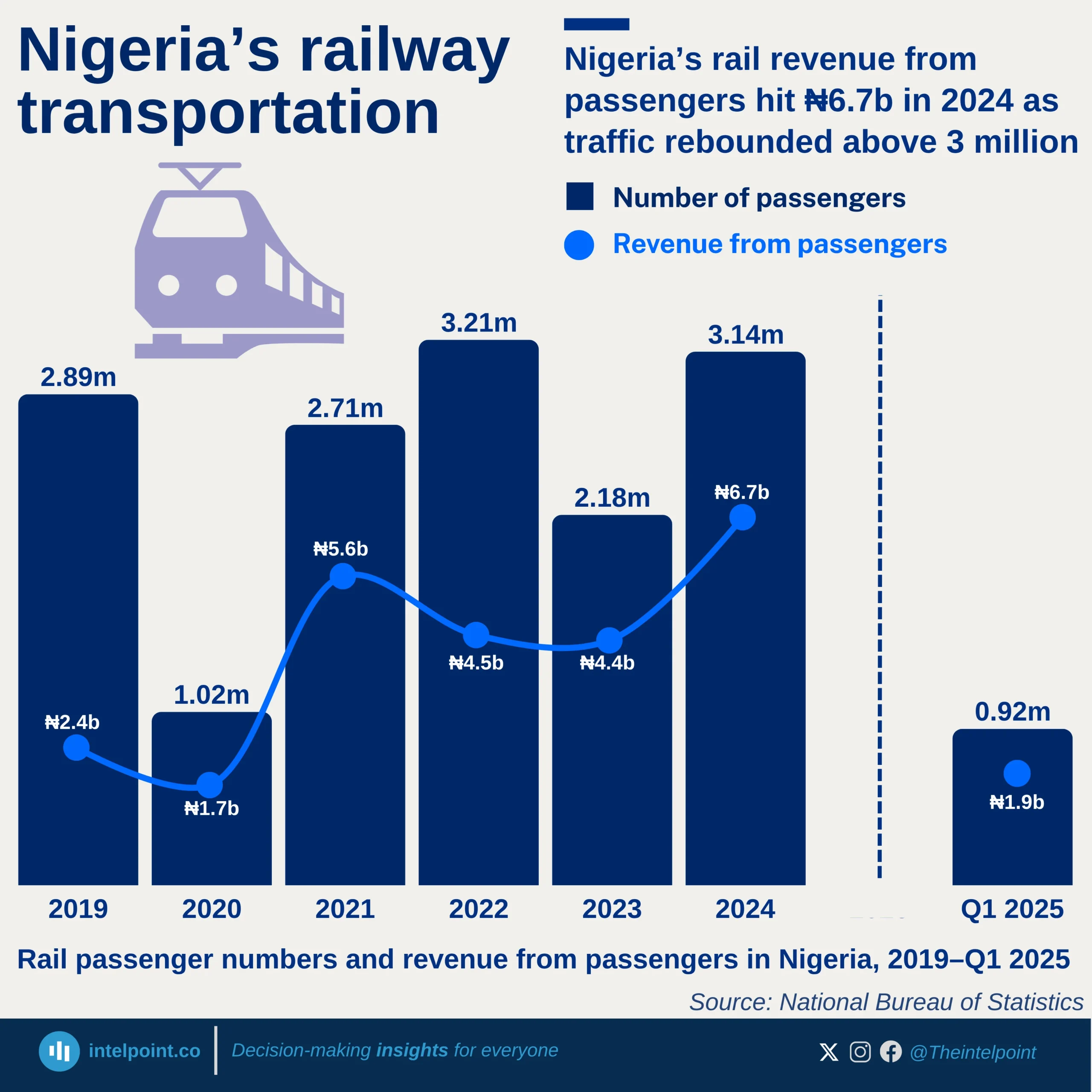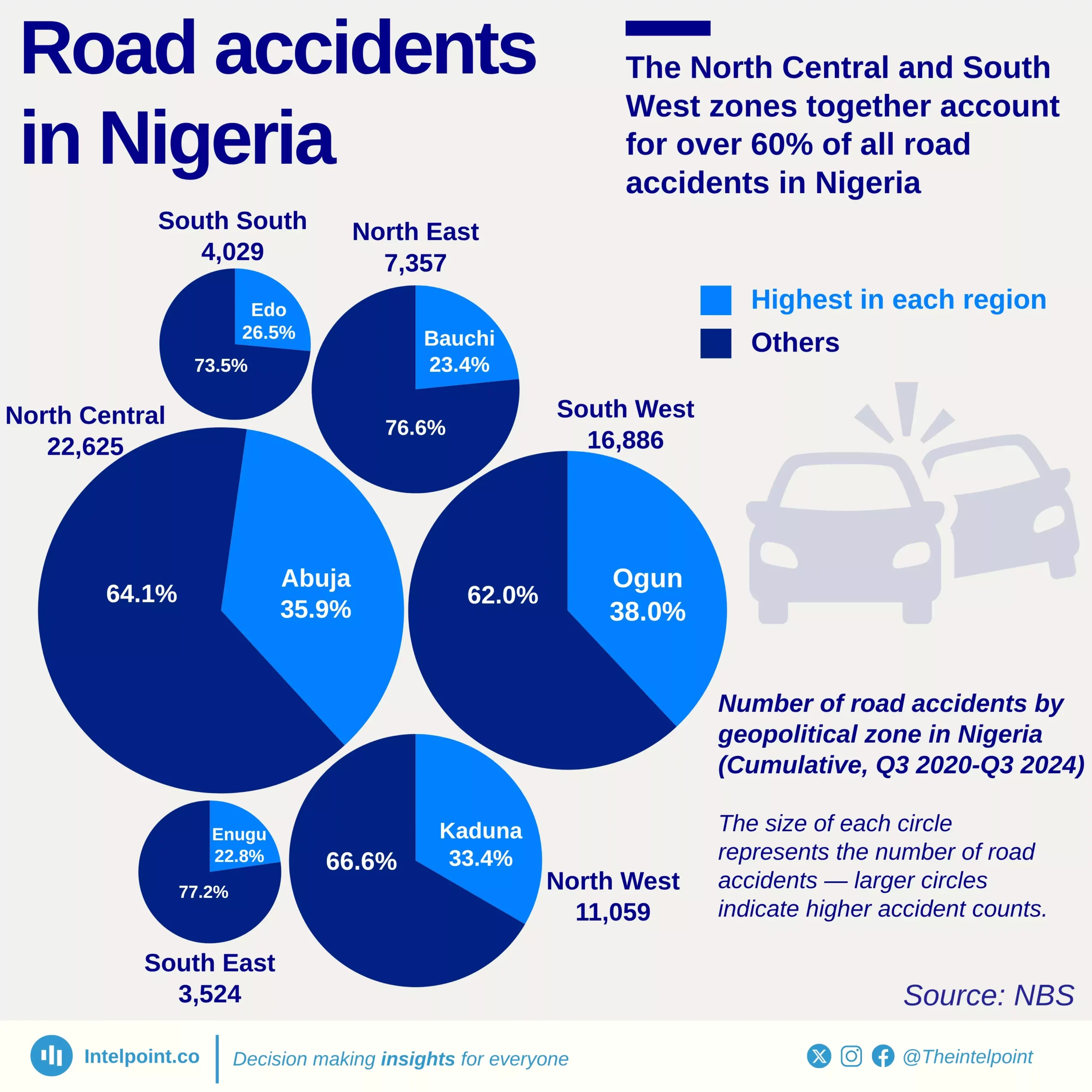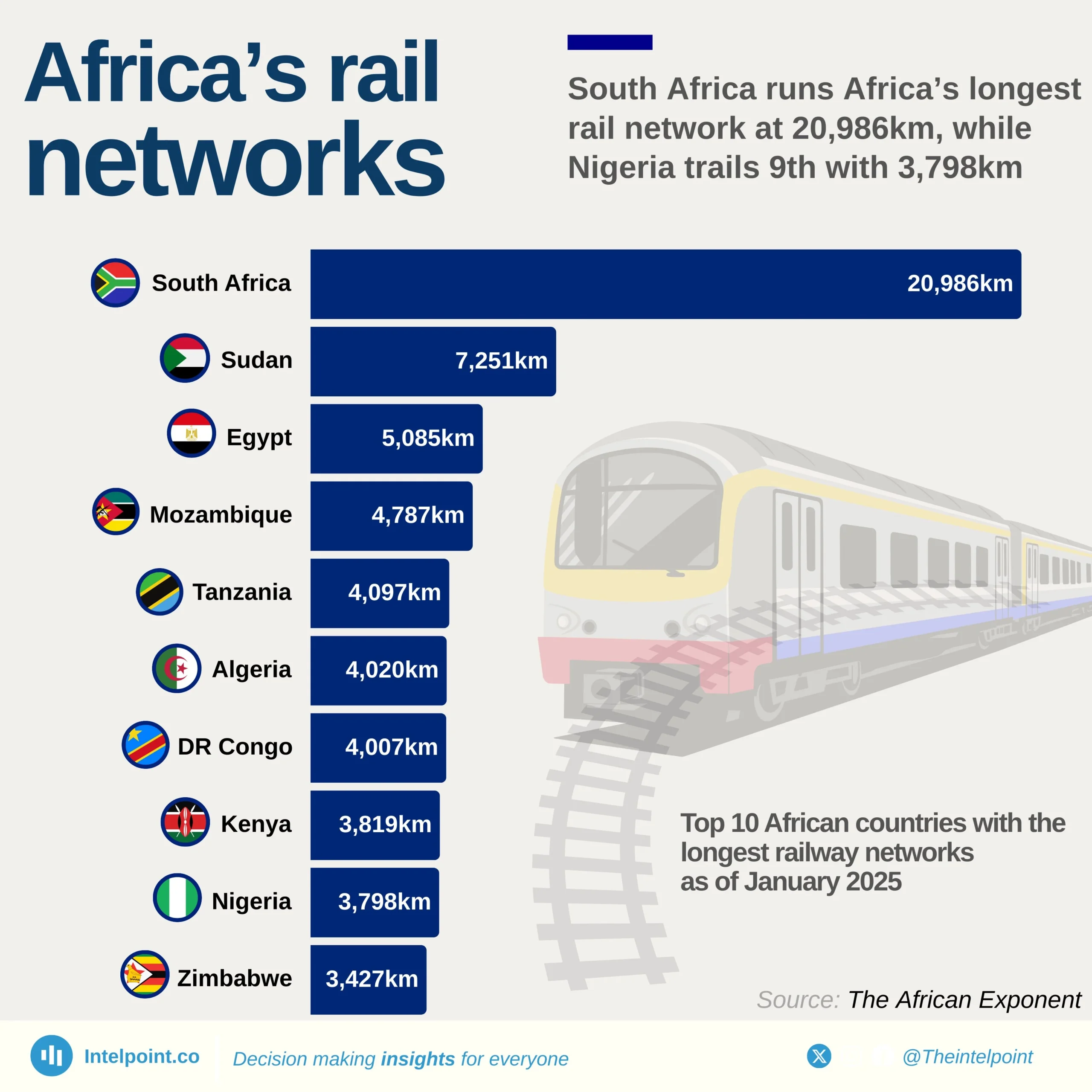The International Civil Aviation Day is celebrated every year on December 7. Global Airlines experienced over 100% revenue growth from 2020 to 2023, with passenger revenue, the primary driver of this growth.
Cargo revenue has also contributed significantly to the overall increase. This shows the industry is recovering strongly from the pandemic. Notably, cargo revenue has experienced consistent growth since 2019; even during the COVID-19 pandemic, cargo revenue grew from $101b in 2019 to $140b in 2020.
The airline industry's future looks bright, with continued growth expected in the coming years as forecasted in 2024.
